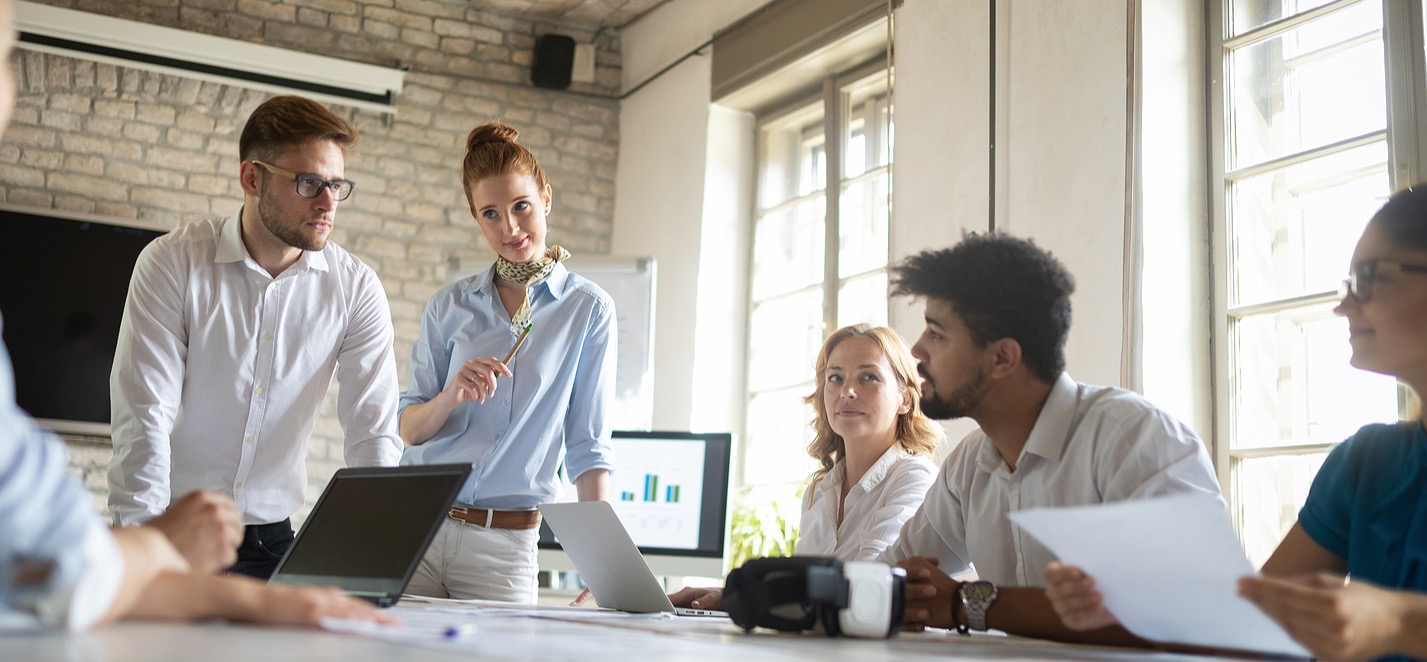Tools and Resources for Flutter Development
Flutter development is supported by a rich ecosystem of tools and resources that enhance the development process. Here are some essential tools and resources for Flutter developers:
Flutter SDK: The Flutter software development kit (SDK) provides all the necessary tools, libraries, and frameworks for Flutter app development. It includes the Flutter framework, Dart programming language, and various command-line tools.
Integrated Development Environments (IDEs): Flutter is compatible with popular IDEs such as Android Studio, Visual Studio Code, and IntelliJ IDEA. These IDEs provide a range of features, including code completion, debugging capabilities, and project management tools.
DevTools: Flutter DevTools comprises a collection of tools for analyzing and fine-tuning the performance of Flutter applications, aiding developers in optimizing their creations through in-depth debugging and analysis. It provides insights into app performance, memory usage, widget inspector, network profiling, and more.
Pub.dev: Pub.dev is the official package repository for Dart and Flutter. It hosts a vast collection of community-contributed packages extending Flutter apps' functionality. Developers can leverage these packages to add specific features and streamline development.
Flutter Documentation: The Flutter documentation is a comprehensive resource that includes guides, tutorials, API references, and best practices. It serves as a valuable reference for developers at all stages of Flutter app development.
GitHub: GitHub is a crucial platform for version control and collaboration in Flutter development. Developers can use Git to host their Flutter projects, track changes, manage issues, and collaborate with team members. It enables seamless collaboration, code review, and sharing of open-source Flutter projects with the community.







